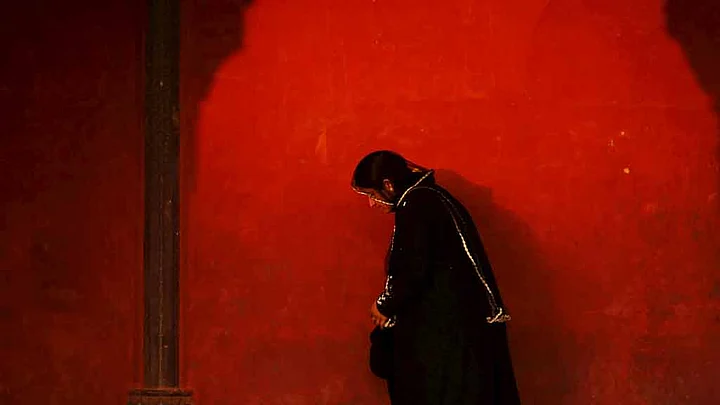Of the 4,710 women interviewed in 10 states by an NGO called Bharatiya Muslim Mahila Andolan, an overwhelming 92% want a total ban on oral or unilateral divorce.
The first of its kind National Study on Muslim Women’s Views on Reforms in Muslim Personal Law would indicate a need for a review of the current law which is often interpreted to allow a husband to initiate and secure a divorce with relative ease. In many cases, a ‘digital divorce’ through e-mail, Facebook, WhatsApp or even Skype is also considered a done deal.
Religion basically comes down to how one cherry picks and practices it. No matter what is written in the book, it comes down to “Muslims practice it”. The law in itself says divorce proceedings should pan over several months. But that does not always happen because of the patriarchal baggage that we carry and also to put it simply, this is just much more convenient and favours the husband.
— Nayema Nasir, Research Scholar in Gender Studies, Ambedkar University
But the sticking point in the recent deliberations between senior members of the All India Muslim Personal Law Board has been about ‘instant divorce’ whereby the word talaq uttered once, as opposed to thrice, is considered to have sealed the deal.
Speaking to The Quint, the President of the All India Muslim Women Personal Law Board, Shaista Ambar says that the concept of “instant talaq or triple talaq is against the light of Islam”.
Often the husband is misguided and later regrets his decision. Marital discord needs to be dealt with patience and counselling. In some cases, the husband may get a fatwa from a maulana and the wife may not even be aware that her husband has divorced her. This one-time-one-sitting divorce is against the tenets of Islam.
— Shaista Ambar, President, All India Muslim Women Personal Law Board
But the All India Muslim Personal Law Board (AIMPLB) has ruled out any scope for change. Speaking to The Quint, AIMPLB’s spokesperson Maulana Abdul Raheem Qureshi says the problem is being exaggerated by vested interests.
Incidents of talaq are less than 1% in the Muslim community. It’s a very small number but the problem is being blown out of proportion by vested interests. Our law is based on the Quran and we cannot go against it.
— Maulana Abdul Raheem Qureshi, Spokesperson, All India Muslim Personal Law Board (AIMPLB)
Maulana Qureshi however admits that if one were to go by the book, a divorce should be sought over a period of time after adequate counselling.
After the husband announces ‘talaq’ for the first time, the couple gets a three-month waiting period during which they should seek counselling, If they can resolve the matter, then he can take the woman back as his wife without having to remarry.
— Maulana Abdul Raheem Qureshi, Spokesperson, All India Muslim Personal Law Board (AIMPLB)
But he admits that there are men who pronounce talaq thrice in one go and are granted a divorce. Shaista Ambar, however, argues that the Quran does not endorse such a simplistic procedure for divorce.
The interpretation of the Quran has led to this grey area, but Maulana Qureshi insists the problem lies with the society and not the Law Board because “legal steps cannot bring about social reformation”.
For now, the All India Muslim Personal Law Board has issued a questionnaire to religious scholars to help decide if a heavy penalty should be enforced in cases of triple talaq.
They are expected to meet next month and discuss the results.
